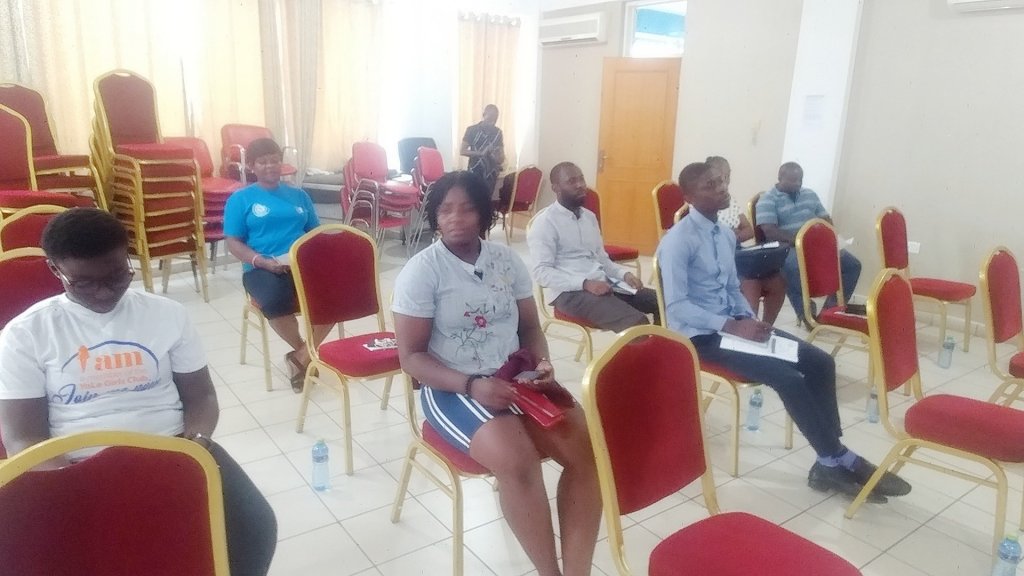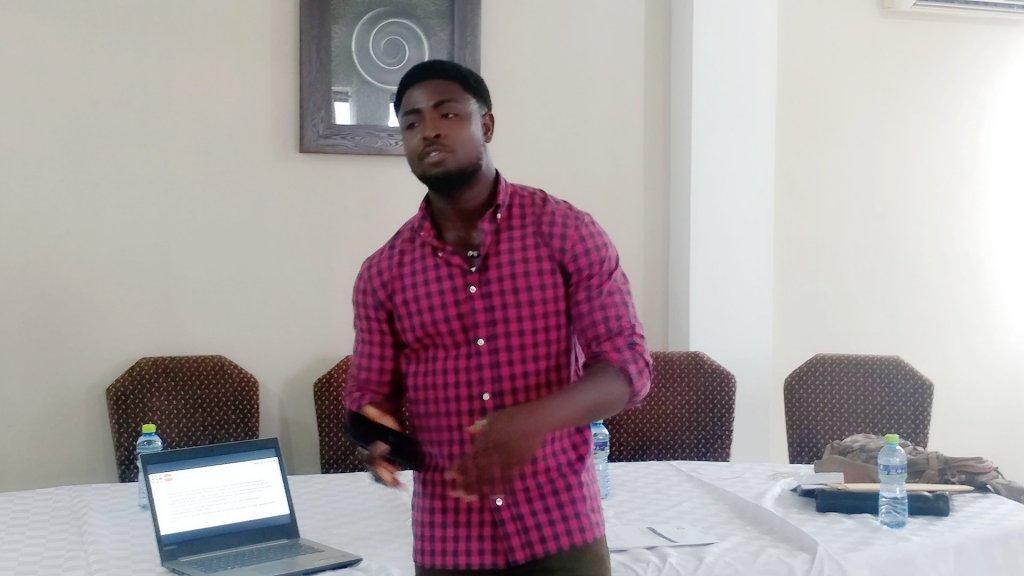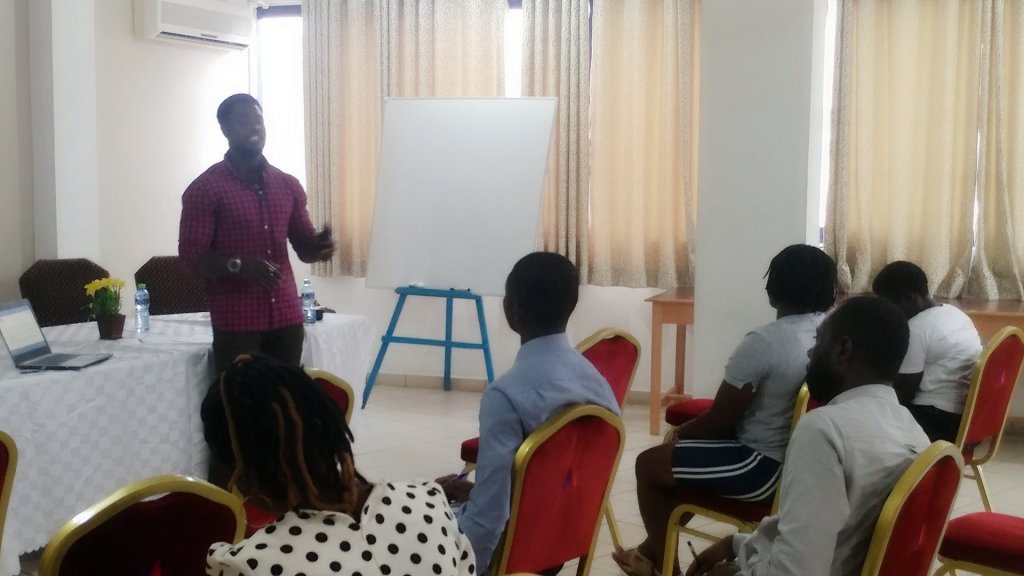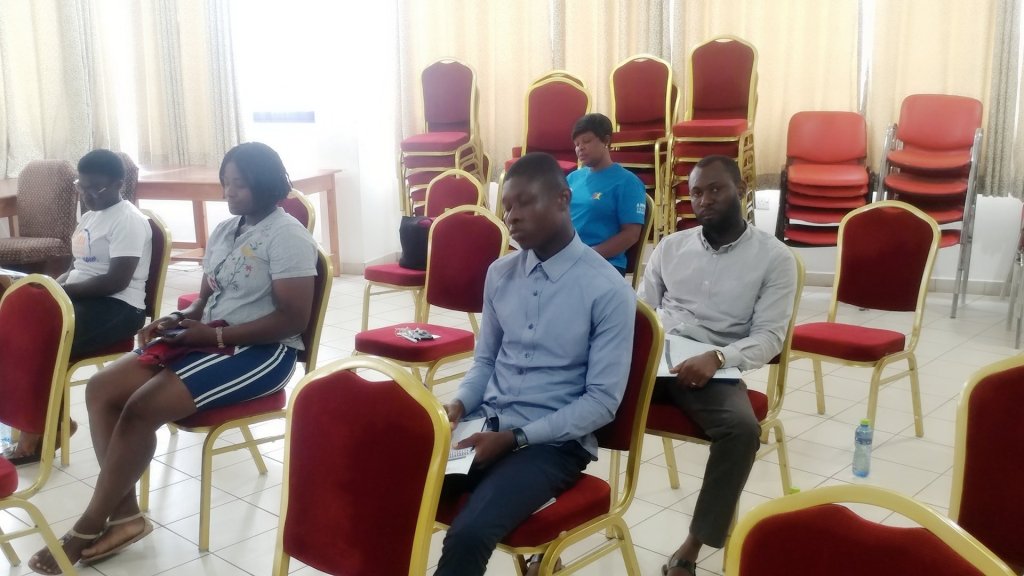PAYDP SCHOOLED STAKEHOLDERS ON UNFPA-UNICEF 2020 ADOLESCENT PROGRAMME.

The Purim African Youth Development Platform(PAYDP) has today Schooled stakeholders include Ghana Education service,Domestic Violence and Victims Support Unit(DOVVSU) NYA,Media,Ghana Health Service and ministry of Gender and social welfare on UNFPA-UNICEF 2020 Adolescent programme
Six districts would benefit from the United Nations Population and Children’s Education funds (UNFPA-UNICEF) joint Adolescent Programme to support government implement its Adolescent Girls’ Vision.

Being implemented with support from the Global Affairs, Canada, the programme would also scale up existing strategies and interventions to further integrate policy response.
The districts are; Assin South in the Central Region, Prampram in the Greater Accra Region, Techiman; Bono Region, Kintampo South; Ahafo Region and the Kumasi Metropolitan Assembly and Asokore Mampong .

With Purim African Youth Development Platform (PAYDP), a Non-Governmental Organisation, as the implementing partner, the programme is expected to serve the needs of adolescent girls, aged between 10 and 19 years, in the selected districts.

Speaking to Media in an interview, the Focal person or programmes officer of
PAYDP, Mr Michael Donkor made the observation at a maiden project inception meeting held in MIKADO Conference Hall Adum _kumasi ,
He said it has been observed that, investment in the social and economic asset of girls makes for stronger societies and more vibrant economics.
He also said risks and vulnerabilities facing adolescent girls needed concerted efforts and strategy to address.

He said the project would work with the various stakeholders such as the Ghana Education Service, Ghana Health Service, and the Ministry of Gender and Social Protection, Domestic Violence and Victims Support Unit (DOVVSU) as Traditional Rulers
to help resolve the issues affecting young girls.

Mr MICHAEL DONKOR said the programme, which spans 2018 to 2022, would enable UNFPA to provide a support model to facilitate adolescent girls’ access to gender-responsive and comprehensive sexuality education.

“Specific activities include formation and launch of girls clubs, Interactive mentorship and reading sessions, training of Comprehensive Sexuality Education (CSE) facilitators, interactive theatre/sports, community flash-mobs, girls’ night out on legal literacy, and girls only organised programmes,” she said.
“Male involvement is a key strategy for this programme, where men would be trained as Sexual/Reproductive Health and CSE promoters and an opportunity for peer to peer interactions and education.”

Mr Michael Donkor noted that the period of adolescence profoundly influenced girls’ future potential and life outcomes.
Adolescent girls account for 21.7 per cent of the female population and about half of the 5.5 million adolescent population of Ghana.
Mr Michael Donkor urged the stakeholders to join Hands on desk support the project.


